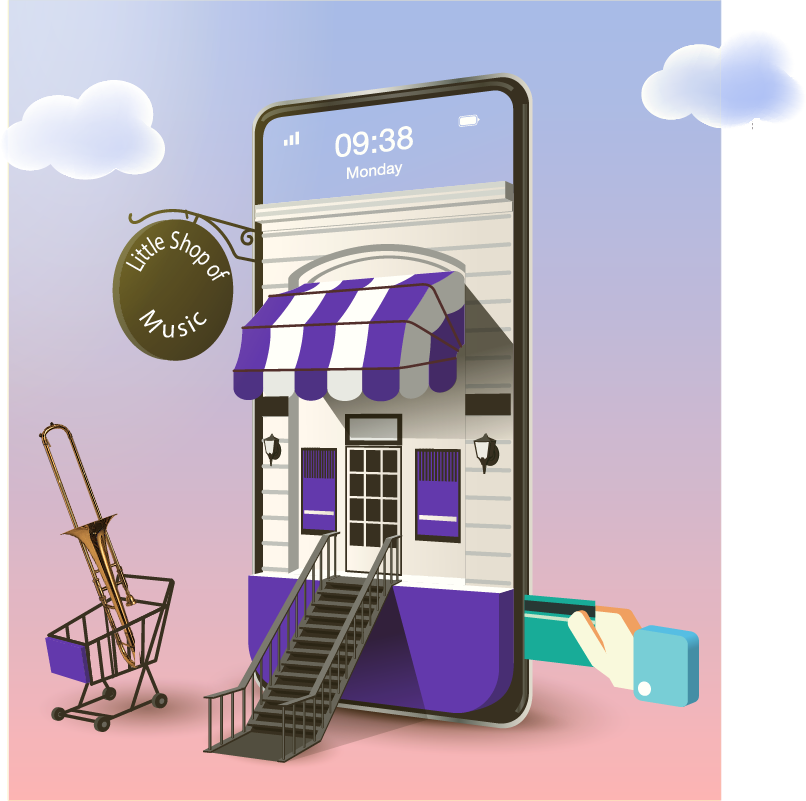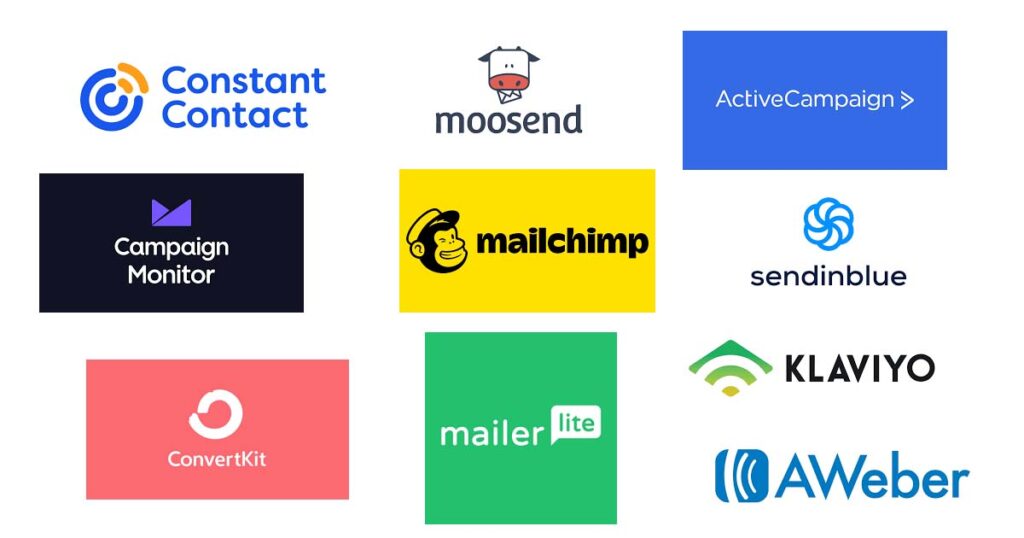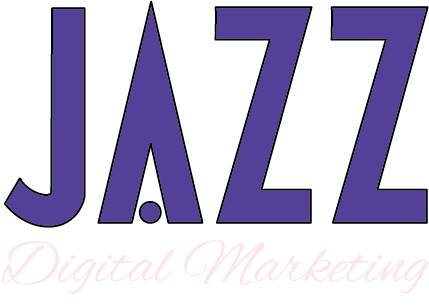Fundamentals of marketing for musicians
Marketing seems to have a bad rap, especially with artists.
I think that part of the reason may be because promoting your art feels like you’re cheapening it. It seems more natural to sell shoes, cars, breakfast cereal, or computers than your very personal art. Marketing and self-promotion is, however, a necessary part of your success in the twenty first century. So let’s look at some fundamentals of marketing for musicians.
You must sell if you expect to reach a greater level of success from your music. So let’s explore marketing – what it really is and how you can be very effective at it in elevating your career, your relationships, and your income.
People need what you can provide to them
If you don’t go out there and promote yourself, your products, and your talents, you are depriving the musicians who need you most.
They lack something that they need from you. They need you for gigs, your arrangements, your teaching materials, lessons, clinics, books, CDs, and everything else you have to offer the musical world. You can to solve a real need for your audience.
What makes it tricky is that sometimes we don’t even know we have a need to be filled until the solution is put right in front of us. So, how do you get in front of the people who need your solution? Attracting the people who want what you do is the purpose of your marketing.
Step back and ask yourself
- What are my greatest skills
- What do I think I can make money from?
- What is it about me, my personality, music, and the things I can offer people that they cannot find anywhere else?
- Am I transitioning into something different from the past?
- Do I like change and learning something new?
- What is the worst that can come from getting out and marketing myself?
Can you make more money with any of this?
- Gigs
- Private teaching
- School clinics
- Studio work
- Composing or arranging
- Books
- Video lessons or courses
- Consulting with manufacturers or publishers
Three fundamental aspects of your marketing
1. A good-looking well-functioning website
This is your store, your public identity, and your professional showcase. Do you have a website? If so, how long ago was it built? When was the last time you made a change to it?
I ask those questions simply to remind you that attention may be due for your site in order to bring it up to date and to keep your site secure. The look for your site, it’s functionality, and security are fundamental to your marketing as a musician.
Why do you need a site?
Think about why you want a site or already have one. A decade ago or so, people had websites created for them because, well… they were told they should have a website. But there is now a graveyard of websites that have become old-fashioned, poorly functioning, unsecured, and pretty much doing nothing for the owners who originally put money into them.
A website need not be large and complicated. It should have as many pages and features as you need. If all you need is a scrolling single page containing your bio, a couple videos of you at your best, links to your social media, some cool photos, and a way to contact you, great.
On the other hand, maybe you need an online store selling your music and collecting payment. Maybe you need a place to describe your teaching with a way for prospective students to connect with you.
Gone are the days when putting a shopping cart on your website and collecting credit card payments was hard to do and expensive.
Regardless, your site need not be expensive. The clearer you are about what your site should accomplish – either a new site or a remake of your existing one – the easier and quicker will be the completion of the website. If you don’t know all that you need a site to accomplish, find a web developer who will sit down with you and explore what you could have, and then you decide what works for you.

2. Attracting and engaging an audience of fans

This important aspect of marketing is all about how you interact with your audience. How you initially reach out to them, how you communicate about your offerings, and how you help them throughout what we call the buying cycle: from first contact all the way to them buying from you. You might hear this described as the sales funnel.
Regarding the “selling process”, the quote above from marketing legend Seth Godin makes a very important point that so many people miss. We are intent on describing the wonders of our product and explaining the mechanics and features without realizing how little our perspective buyers care about any of that.
Your buyers care about what you will do for them. Not how you do it, but how they will feel after experiencing what they buy from you.
Instead of describing the details of your teaching method, instead describe the end result of the improvement they will experience. Instead of simply outlining the chapters and topics within your musical method book, describe the result of the learning they will experience. Describe the feeling of confidence they will gain by knowing how better to play their instrument. Instead of simply providing an itinerary of your clinic routine, describe the enthusiasm of previous classes at the end of your talk and demonstrations.
Once you have someone engaged and interested in what you offer, how will you maintain enough of a relationship so that they will be lead to the decision to buy from you?
One way to build the relationship is through email. There are several tools available to collect and pre-plan a series of emails to people based on their level of interest.
But first, you need to attract the right audience to your site and then collect their name and email address for their permission to send them email. How will you do that?
By offering them something they see as high value that doesn’t cost you anything to provide – other than your initial effort to create it. You’ve seen this many times, but unfortunately, the offer is often simply, “sign up for my newsletter.” Instead, give your audience something more valuable than just another newsletter in their inbox.
What can that be? It could be as simple as a free piece of original music to a video that is only available to your subscribers. You could give people a cool solo transcription or an except of your latest book. Perhaps you can give them a discount on their next purchase of music off of your site. Whatever you exchange for names and emails, make it a high perceived value.
How you will send email
Once you have names and emails, what do you do with them? Send them links to articles you’ve written somewhere on your site. Make sure the topics of these articles will be of interest to your subscribers or they will quickly unsubscribe from your list.
Examples of email content could be an article on how to solve a problem typical for your audience. it might show them what scales to play over certain chords. Your explanation then leads to an introduction to your book on improvisation. It could be an article on how to book more gigs. See part 3 below on content ideas.
Offer your site visitors something they value
- A classic solo transcription
- Your review of instruments, mouthpieces, microphones, etc.
- A discount on something you sell
- A short ebook on some topic of importance to your reader
- A written or video interview with someone well-known (play the example of my interview with Randy)
- Unique playing tips
- Technology advice and/or resources
- Member-only access to a portion of your site
- Little-known but interesting music resources
- Behind-the-scenes video of a recording session
All of this can be done through email services like Mailchimp, Constant Contact, and dozens of others. Keep in mind that your sequence of email is not continually asking people to buy, but instead, to build a relationship of trust and respect for your capabilities.
Continuing the relationship
Last, your engagement should not end with a sale. There is usually more you can offer to people after they buy from you. Keep them on a well-paced email sequence letting them know what you are doing and giving them more informative value. This engagement can lead to additional transactions with you and possibly referrals to people they know and trust. Quality of your work and the trust it builds are additional fundamentals to marketing for musicians.
My personal philosophy regarding the pursuit of customers is that my main focus is to make friends. Friends will buy from you and will tell their friends about you.

Do this for the people who pay you for what you provide and they will rave about you to others.
- Be honest
- Respond quickly whenever someone has a question or request
- Solve their problem or need quickly
- Do not make excuses – accept blame for mistakes you make
- Help people feel special
- Do a little bit more than they asked for
- Should I repeat, “Be honest?”
3. Creating content that wows your audience
In one way another, all of us are publishers. I don’t mean that you are an official music publisher, although maybe that is your business. What I mean is that content is the currency of websites.
If you want to be found in search, one of the primary aspects of your site that Google looks for is your content. By content, I mean videos, photographs, and text.
One reason I am writing this long blog post is so that Google will notice specifically the topic that my site focuses on. Google wants to see content being created on a regular basis.
But so do your readers. Pick topics that your audience is interested in and that they have questions about. That content can be anything from a podcast to a text-based article to a PDF to a video.
Encourage your readers to share your content on social media or through email to their friends. So if you find this article interesting, post a link to it on Twitter, Facebook, or Instagram so that more people will be attracted to JazzDigitalMarketing.com.
If you are having difficulty coming up with content for your blog, check out my post for how to come up with writing ideas. It really is easier than you think once you know where to look.
Conclusion
Attracting the right audience to the products built from your skills is one of the fundamentals of marketing for musicians. That type of marketing is a necessary aspect of your success as a professional musician. In your case those products could include published music, performances, recordings, teaching, musical equipment, and whatever you do that is valuable and unique.
Discover what it is that you do best and wish to offer to the world, and then promote it with a great website, fan engagement, and great content that we can’t get anywhere else.

